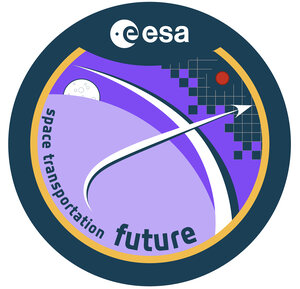RF Payload Systems Laboratories
What are they for?
ESA's RF Payload Systems Laboratories are a set of facilities performing research related to the broad range of systems using radio frequencies (RF) for both the space and the ground segments.
Satellites of all kinds have one central characteristic in common. To fulfil their various purposes, they all have to reach out beyond themselves either to receive commands, transmit scientific findings, relay telecommunications, perform remote sensing or, increasingly, deliver precision navigation and timing data.
From Sputnik 1 onwards, the preferred technique to implement all those functionalities has been what is commonly known as radio frequencies. As a matter of fact, radio frequencies have broadband information handling capabilities and the ability to pass freely up and down through Earth's atmosphere.
The RF Payload Systems Laboratories oversee R&D related to the use of radio frequencies. There are four Laboratories in all:
RF Laboratory – Test services related to radio frequency (from few tens of MHz to few hundreds GHz) systems and components, life testing, precision timing tests and characterisation of high-power operation effects.
Radio Navigation Laboratory – performs research on satellite-based navigation systems, in particular supporting the Galileo and EGNOS navigation systems.
RF Remote Sensing Laboratory – evaluates and tests designs for radio-based remote sensing systems such as synthetic aperture radar (SAR), radar altimeters and radiometers.
ESA Telecom Laboratory – R&D related to telecommunications systems and applications, including both ground and space segments.















 Germany
Germany
 Austria
Austria
 Belgium
Belgium
 Denmark
Denmark
 Spain
Spain
 Estonia
Estonia
 Finland
Finland
 France
France
 Greece
Greece
 Hungary
Hungary
 Ireland
Ireland
 Italy
Italy
 Luxembourg
Luxembourg
 Norway
Norway
 The Netherlands
The Netherlands
 Poland
Poland
 Portugal
Portugal
 Czechia
Czechia
 Romania
Romania
 United Kingdom
United Kingdom
 Slovenia
Slovenia
 Sweden
Sweden
 Switzerland
Switzerland





























